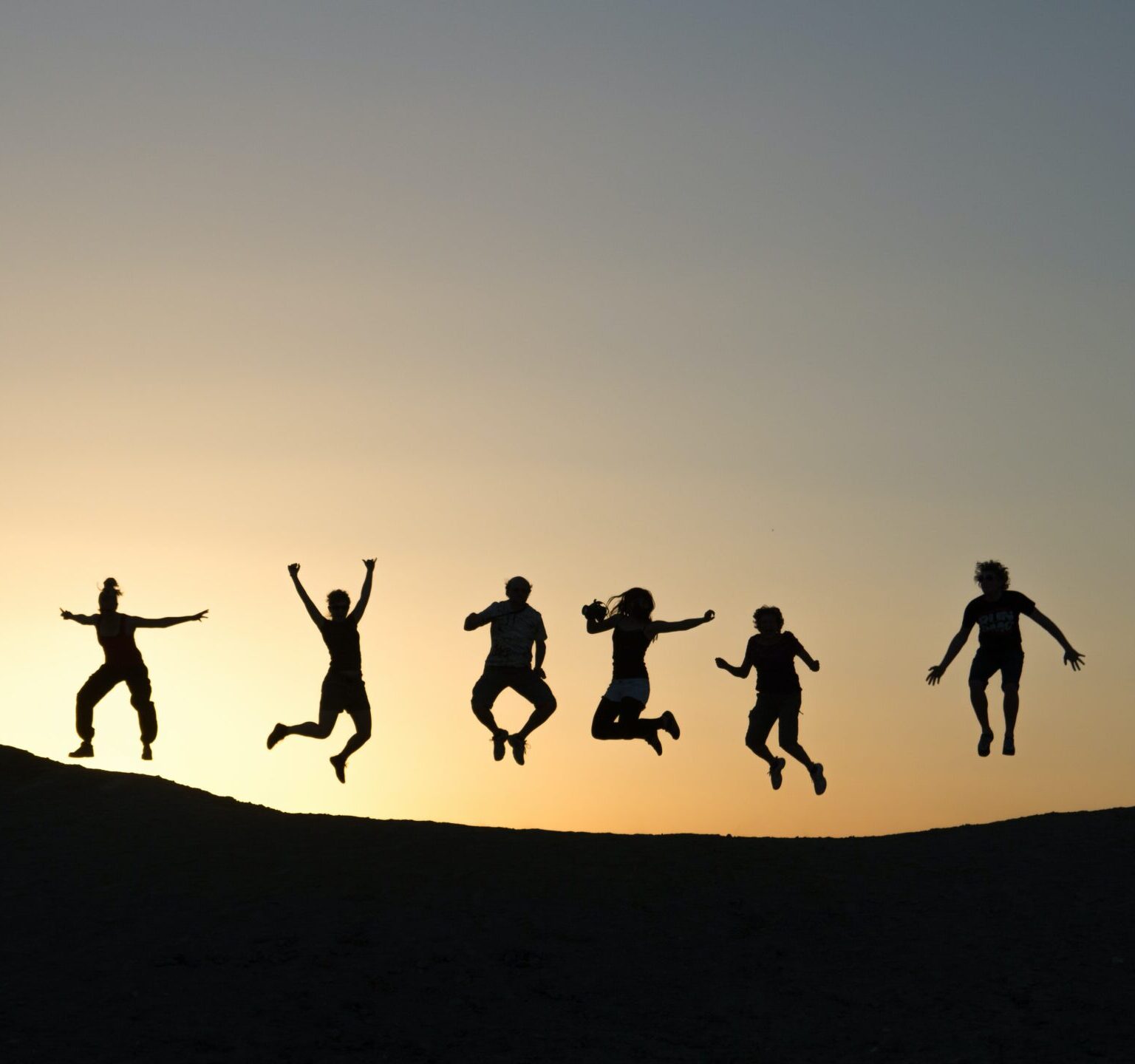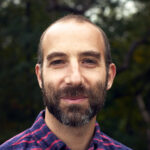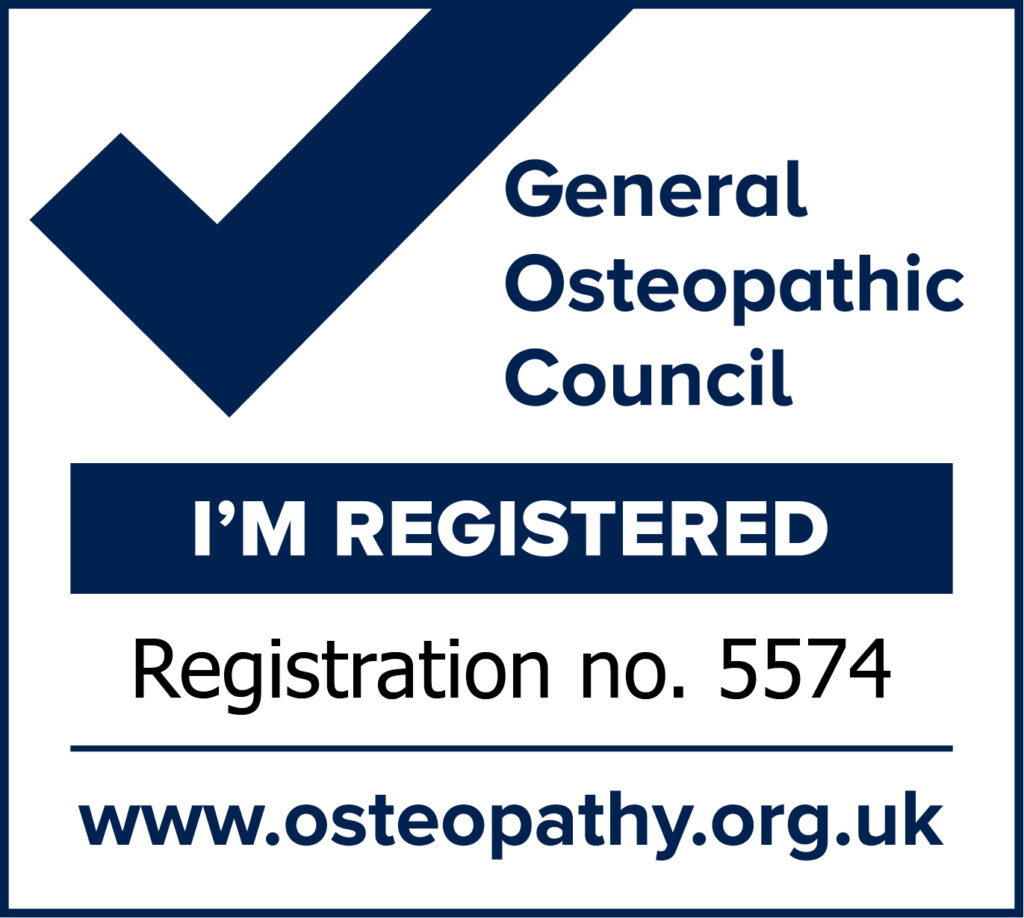Sometimes our bodies don’t behave how they’re supposed to. As an experienced cranial osteopath, I can help you get back into balance. I’ve been practising cranial osteopathy since 2004 and teaching with the Sutherland Cranial College of Osteopathy since 2015. I offer cranial osteopathy in London for adults, babies, children and women during pregnancy and postpartum. Here’s what you can expect:
What do cranial osteopaths do?
Cranial osteopaths apply a modern scientific understanding of anatomy, physiology and psychology to the use of therapeutic touch. They use their hands to identify areas of tension or imbalance in the body and try to make sense of where it’s come from, what impact it’s having and what kind of support it needs to resolve. During the treatment, they will hold different parts of your body to support them to rebalance. The treatment is very gentle and most people find it deeply relaxing.
What conditions can cranial osteopathy help with?
Osteopathy is a patient-centred rather than disease-centred approach. This means that osteopaths focus on the tension and imbalances that are compromising the body’s capacity for self-maintenance and repair, rather than the medical condition per se. As a result, osteopathy can help your body to respond more effectively, whatever challenges you may be facing with your health.
People commonly seek support with a wide range of health concerns, including:
Why choose a cranial osteopath?
Osteopathy is a complete system of manual medicine with its own distinctive way of looking at things. Unlike craniosacral therapists and other alternative practitioners, osteopaths are highly qualified, NHS recognised Allied Health Professionals with their own government appointed regulator, the General Osteopathic Council. They are trained to diagnose and treat independently and know when to refer you to your GP or other specialists. 93% of patients rate their experience of osteopathy as ‘very good’ and 96% have confidence in their osteopath’s treatment and advice.
Many UK osteopaths use cranial techniques as part of their practice. However, cranial osteopathy is a highly specialised approach that requires an in-depth knowledge of anatomy, physiology and body psychology. It takes years of practice to develop the sensitivity to synchronise with all aspects of involuntary motion and the expertise needed to manage more complex cases. Choosing an experienced cranial osteopath with advanced specialist training will give you confidence you are in safe hands.
Ben Katz
BOst, MSc, PgCert, FSCCO, FHEA
I believe that osteopathy can make a meaningful difference to people of all ages, whatever challenges they face with their health. I’ve been practising cranial osteopathy in London since 2004 and I enjoy working with people from all walks of life.
As a faculty member of the Sutherland Cranial College of Osteopathy, I teach osteopaths who are training in the cranial approach. In addition to the SCCO’s ten module training pathway, I completed James Jealous’ renowned nine year Biodynamics of Osteopathy programme in 2021.
Between 2004 and 2013, I studied, worked and taught at the Osteopathic Centre for Children. The OCC is an international centre of excellence for children’s osteopathy and I completed my MSc in Paediatric Osteopathy in 2006. I recently rejoined the OCC to run its osteopathy service in the neonatal intensive care unit at Barnet Hospital.
Giving something back has always been important to me. I am a former President of the Institute of Osteopathy and served as Secretary for the Osteopathic Alliance. On behalf of the Osteopathic Development Group, I led development of guidance for osteopaths who work with children.
The Clinic
I practise from Osteopathy East, a modern, purpose-built osteopathic clinic on Mare Street in Hackney, E8. The clinic is fully wheelchair accessible with step-free access from the street.
Osteopathy East is located mid-way between Victoria Park and Broadway Market, a few minutes walk from London Fields and Cambridge Heath stations. It is easily accessible by bus from Bethnal Green, Old Street and Hackney Central with great transport links to the rest of London.
Book online
If you’re ready to start your journey with cranial osteopathy, you can check my availability and book online.
Free telephone consultation
If you’re still not sure if osteopathy is right for you, schedule a free telephone consultation via the booking link above and I’ll be happy to answer your questions.
Services
I off cranial osteopathy in London for:
Fees
Concessions
I believe that high quality osteopathic care should be accessible to everyone who needs it. I’m happy to offer fee reductions for students, pensioners and people on benefits, as well as anyone else whose situation justifies it.
If you feel you will struggle to fund your treatment, book a free telephone consultation so we can discuss it.



